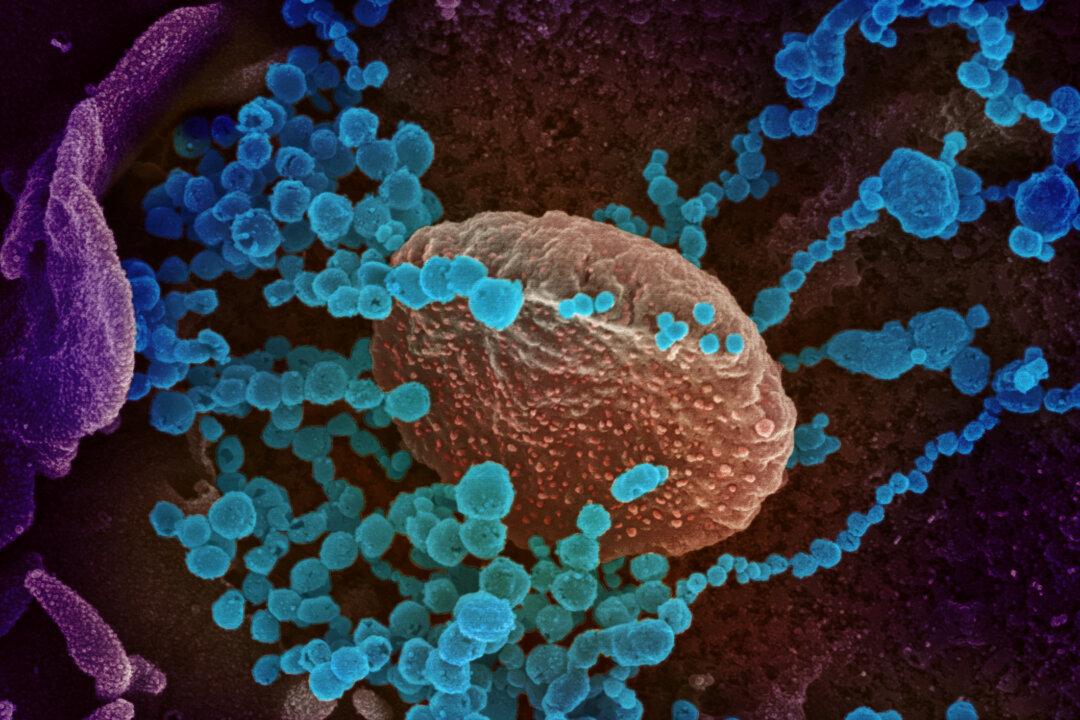New research suggests that a new strain of the CCP virus—called B.1.526—is spreading quickly in New York City and features mutations associated with higher viral infectivity and greater resistance to antibodies—though experts caution that more study is needed to verify the “fitness” of the mutant virus.
Variants of the CCP virus, also known as the novel coronavirus, that were first identified in the United Kingdom, South Africa, and Brazil, have spread to multiple countries. As they spread, the variants constantly morph, with researchers looking for identifiable “spike mutations” that allow them to classify the mutant viruses into groupings, or lineages.





